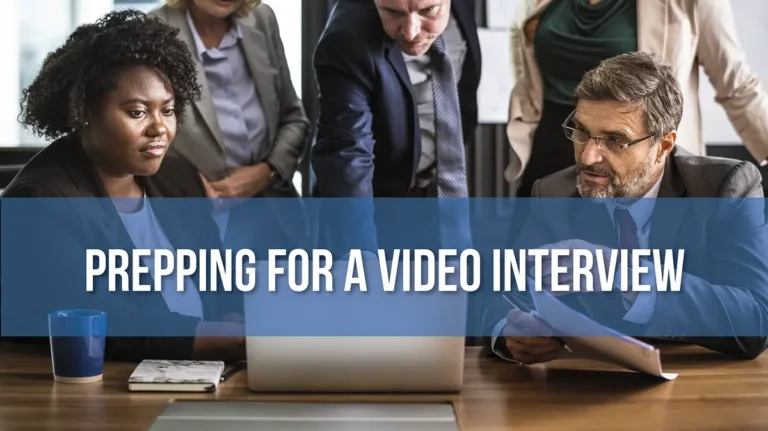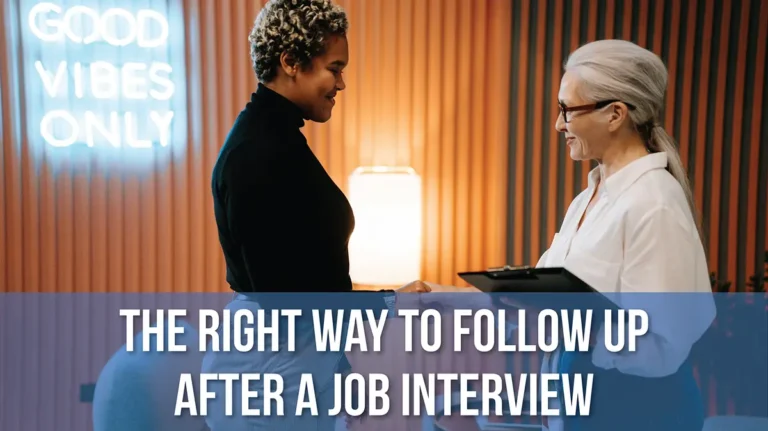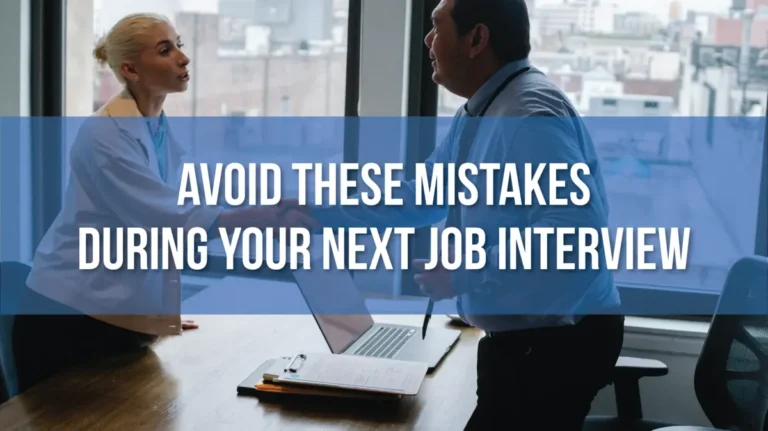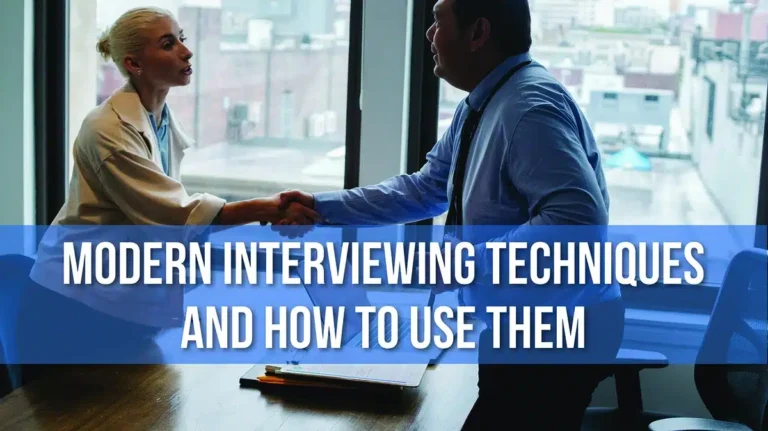Do’s and Don’ts of Asking Interview Questions
Most job interviews end with the interviewer asking, “Do you have any questions for me?” If your answer is, “No” you miss the opportunity to ask questions that’ll help you determine if the company is suitable for you.
An interview is a two-way conversation, with both of you deciding if it might be a good employment match. When an interviewer asks, “Do you have any questions for me?” don’t say “No” and miss the opportunity to get the answers you need to make a decision about accepting a job offer or not.
Asking questions is also a great way to show the interviewer you’re interested and invested in the opportunity to work for their company.
It’s hard to come up with questions when you’re on the spot, so prepare a list beforehand. Do your research by Googling the company, and check out their social media accounts.
Don’t ask anything that can be answered by a quick Google search or by looking at their website. Avoid questions that focus on what the company can do for you and instead, focus on discovering how you can add value to the company. For example:
- What are the biggest challenges of this job?
- What’s the most important thing I can accomplish in my first 90 days?
- What would I be expected to achieve after a year in this role?
- What have past employees done to succeed in this position?
Asking questions about the specifics of the position will help you make a better decision should a job offer be made. You may want to know:
- What does a typical day/week in this position look like?
- What are the opportunities for growth and advancement for someone in this role?
- What are the biggest rewards of the job and working for this company?
- Is this a new position? If not, why did the previous person leave?
It’s always a good idea to ask about the next steps in the hiring process as well. It shows your interest in working for the company and gives you a realistic idea of when to follow up and what to expect. Wait until the next round of interviews to ask about salary and benefits, or ideally when an offer is made.
Finally, pay attention to your interviewer’s cues and asses the conversation flow to determine how much time you should spend asking questions. You don’t want to come across as unaware by taking up too much of their time. You’ll be remembered for this (and not in a good way!) – you can always follow up with additional questions later.








